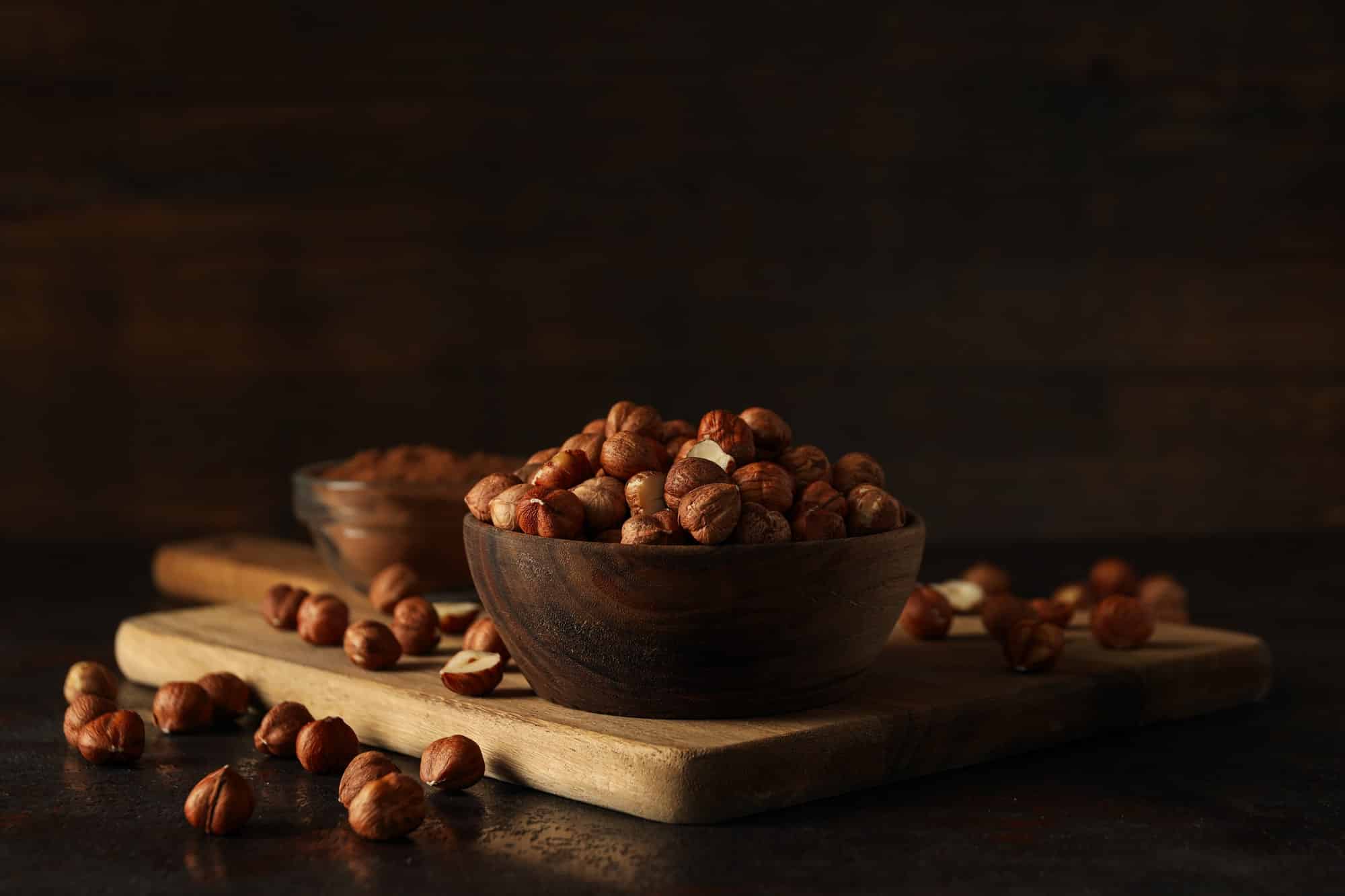How to ensure proper nutrition for a pet with a sensitive stomach?

Just as in humans, dogs can also suffer from sensitive stomachs. This condition can lead to a variety of health issues, from minor discomfort to serious health problems. Therefore, understanding your dog’s dietary needs is crucial to ensuring their overall wellbeing. This article will discuss various strategies to help manage your pet’s sensitive stomach, including identifying symptoms, choosing the best food, and modifying their diet. It will also examine the role of protein, fat, and other ingredients in a dog’s digestive health.
Identifying Symptoms of a Sensitive Stomach in Dogs
Before you can effectively address your pet’s dietary needs, it’s important to recognize the symptoms of a sensitive stomach. A dog with a sensitive stomach may display a variety of signs and you should be attentive to any changes in their behavior or digestive health.
Also to see : What are the best toys for stimulating a dog’s mind and preventing boredom?
Some common symptoms include frequent vomiting, diarrhea, flatulence, and loss of appetite. Your dog might also exhibit signs of discomfort such as restlessness, excessive licking, and pacing. Dogs with a sensitive stomach may have loose stools or struggle with constipation.
Bear in mind, however, that these symptoms could also indicate other health issues. Therefore, if your pet shows persistent signs of discomfort, you should seek a professional evaluation. A vet will be able to diagnose the problem accurately and recommend the best course of action.
Also read : How to set up a proper lighting system for a reptile terrarium?
Choosing the Best Food for Dogs with Sensitive Stomachs
Choosing the right food is essential for managing your dog’s sensitive stomach. The best food for your pet will depend on their specific dietary needs and sensitivities. In general, look for foods that are easily digestible and made with high-quality ingredients.
Many commercial dog foods are filled with additives and fillers that can be hard on your pet’s stomach. Therefore, you might want to opt for a diet that is free from artificial colors, flavors, and preservatives. Some dogs might also be sensitive to certain proteins, so it’s a good idea to experiment with different protein sources to see what works best.
High-quality, easily digestible proteins, such as chicken or fish, are generally a good choice for dogs with sensitive stomachs. Similarly, carbohydrates that are easily digestible, like brown rice or sweet potatoes, can also be beneficial.
Modifying Your Dog’s Diet for a Sensitive Stomach
A change in your dog’s diet can make a significant difference in managing their sensitive stomach. Start by gradually introducing new foods into their diet, and monitor your pet closely for any changes in their symptoms.
A diet rich in fiber can help regulate your dog’s digestive system and alleviate symptoms. Foods such as pumpkin, sweet potatoes, and peas are high in fiber and can be beneficial for dogs with sensitive stomachs.
Similarly, keeping your dog’s diet consistent can also help manage their sensitive stomach. Sudden changes in diet can cause an upset stomach, so stick to a regular feeding schedule and avoid giving your pet table scraps or unfamiliar treats.
Remember, every dog is unique, and what works for one might not work for another. Therefore, it’s important to work closely with your vet to develop a diet plan that suits your pet’s individual needs.
Importance of Protein and Fat in Your Dog’s Diet
Protein and fat play a crucial role in your dog’s diet, especially if they have a sensitive stomach. Proteins are essential for maintaining your pet’s muscle mass and overall health. However, some dogs may struggle to digest certain types of protein, so it’s important to choose proteins that are easily digestible and high in quality.
Fat is another essential nutrient for dogs, as it provides energy and helps with the absorption of vitamins. However, diets high in fat can be difficult for a dog with a sensitive stomach to digest. Therefore, you should opt for foods that have moderate levels of fat.
Role of Dry and Wet Food in your Dog’s Digestive Health
The choice between dry and wet food can also influence your dog’s digestive health. Dry food is often more convenient and cost-effective. It can also help keep your dog’s teeth clean. However, some dogs with sensitive stomachs might find wet food easier to digest.
Wet food is generally more palatable and can help keep your dog hydrated. It typically contains fewer carbohydrates and more protein compared to dry food. However, it’s important to ensure the wet food you choose still contains all the necessary nutrients your dog needs.
As with any diet change, it’s best to introduce new foods gradually and monitor your pet’s reaction. What’s most important is finding a diet that works for your dog’s unique needs. With the right diet and care, you can help ease your pet’s sensitive stomach and improve their overall health and wellbeing.
The Role of a Grain-Free Limited Ingredient Diet in Managing a Sensitive Stomach
Grain-free diets have recently gained popularity in the pet food industry, and many claim they can benefit dogs with sensitive stomachs. But what does a grain-free diet entail, and how can it help your pet? Let’s dive in.
A grain-free diet essentially means no wheat, corn, rice, oats, barley, or other grains. Some pet owners believe grains are hard for dogs to digest, causing digestive issues like diarrhea or vomiting. However, this is not universally true. Many dogs can digest grains just fine, but for those with sensitive stomachs, a grain-free diet might indeed be beneficial.
Limited ingredient diets are another option and can be especially useful if your pet has food sensitivities or allergies. These diets contain fewer ingredients, reducing the chances of your dog reacting negatively to something in their food. Both grain-free and limited ingredient diets should still provide all the nutrients your dog needs but in a more digestible form.
When selecting a grain-free or limited ingredient diet, look for a high-quality protein source such as chicken, fish, or lamb. Also, ensure the food is balanced with the right amount of vitamins and minerals. Remember: always introduce any new diet gradually to avoid an upset stomach.
The Importance of Regular Vet Check-Ups for Dogs with a Sensitive Stomach
Regular vet check-ups are essential for all dogs, but they are especially important for those with sensitive stomachs. At these routine visits, your vet can check your pet’s overall health and monitor any changes in their digestive system.
During a check-up, your vet may check your dog’s weight, examine their coat and skin, and listen to their heart and lungs. They will also likely examine your dog’s abdomen for any signs of discomfort or bloating. Your vet might recommend diagnostic tests if they suspect your dog’s sensitive stomach may be due to an underlying health condition.
Your vet can also provide invaluable advice regarding your dog’s diet. They can recommend the best dog foods for sensitive stomachs, advise on portion sizes, and guide you through any necessary diet changes. Remember to give them a full history of your pet’s symptoms, diet, and any changes you’ve noticed. This information will help your vet provide the best possible care for your dog.
Conclusion
Caring for a dog with a sensitive stomach can be a challenge, but with the right approach, you can manage their symptoms and improve their quality of life. Listen to your dog, observe their behavior, and don’t be afraid to seek professional advice.
Choosing the best dog food for your pet, whether it’s grain-free, limited ingredient, wet, or dry dog food, is a crucial part of managing a sensitive stomach. Remember, every dog is unique, and what works for one dog might not work for another.
If you’re unsure, always consult your vet. Regular check-ups can help identify any underlying issues and ensure your dog is receiving the best possible care. By working closely with your vet and making informed dietary choices, you can help soothe your dog’s sensitive stomach and enhance their overall digestive health.
